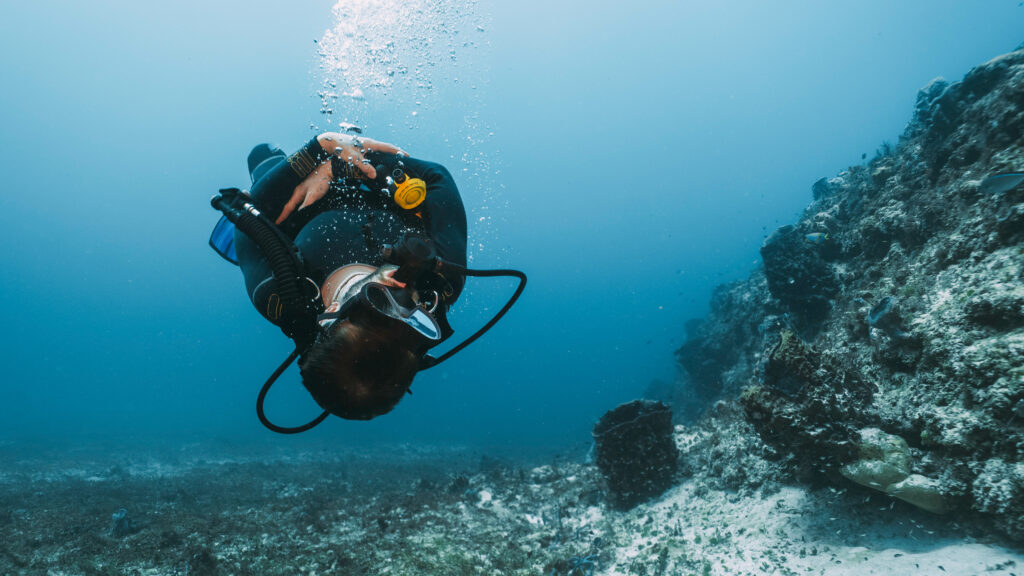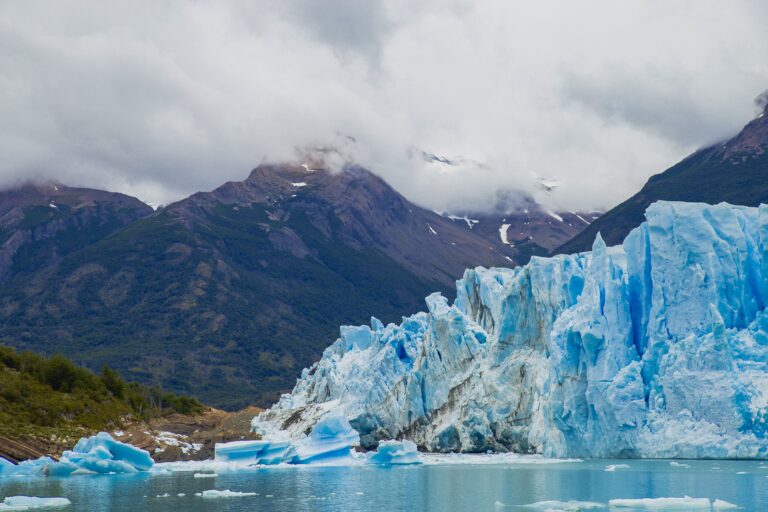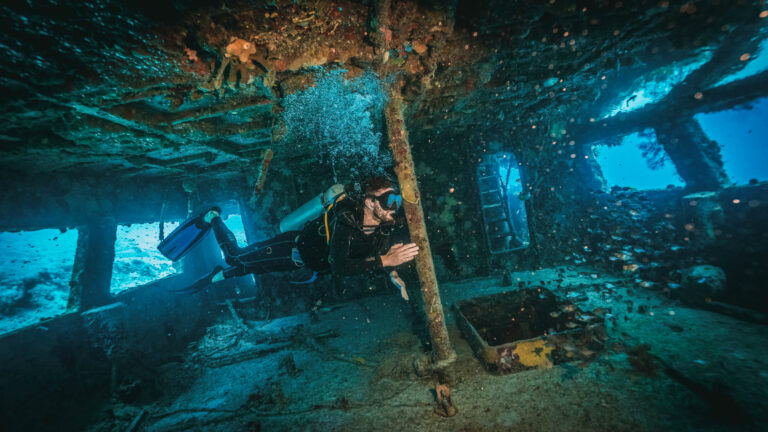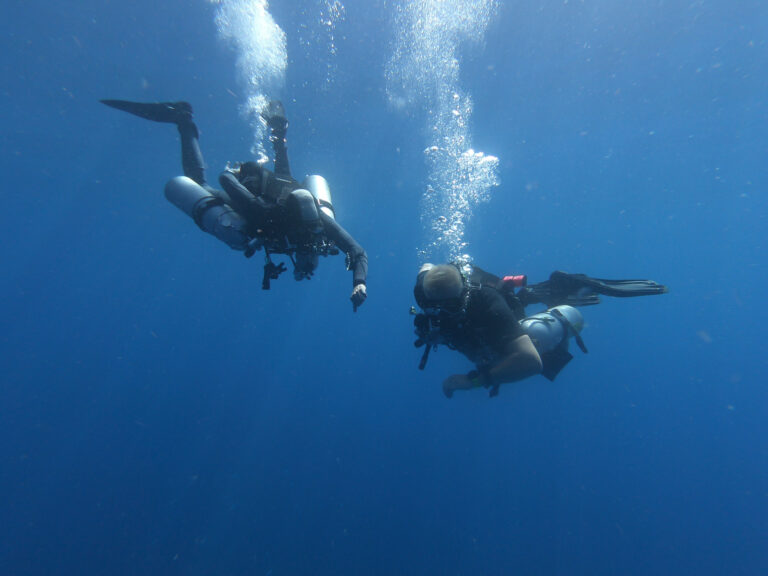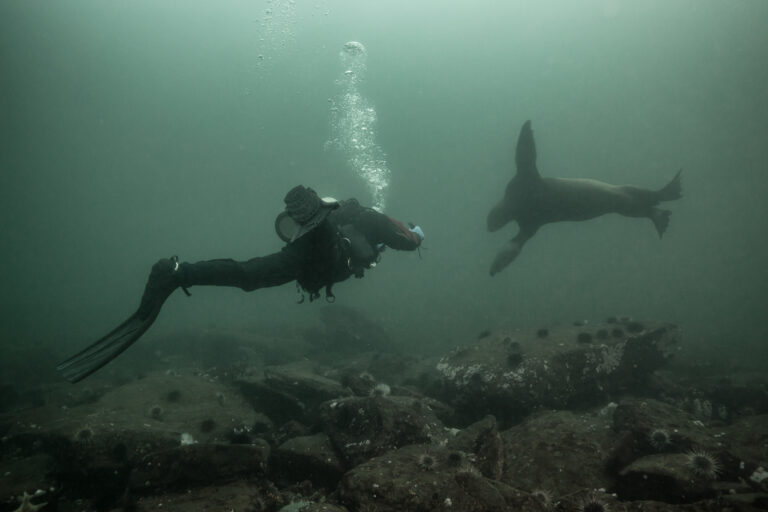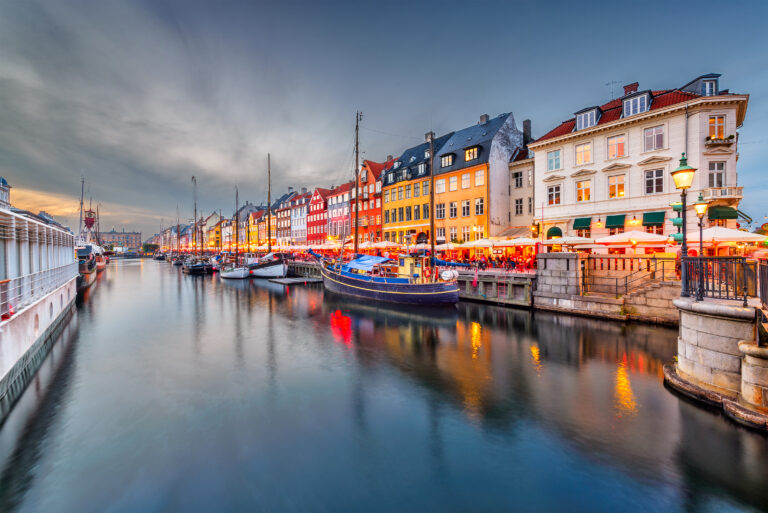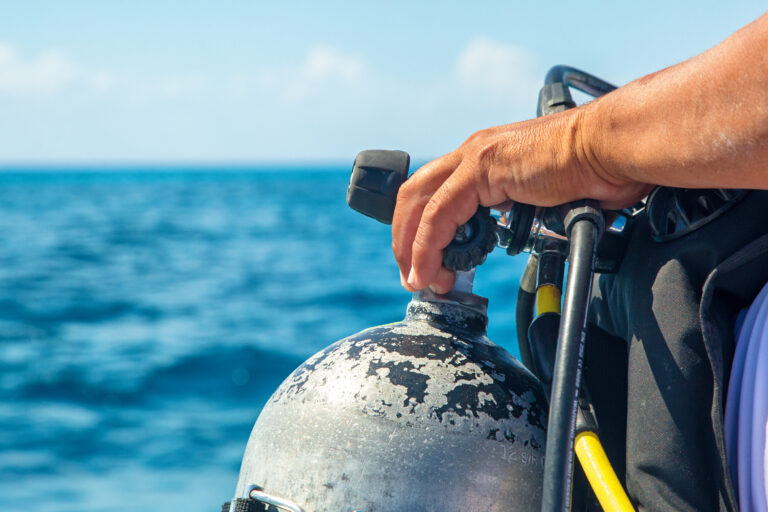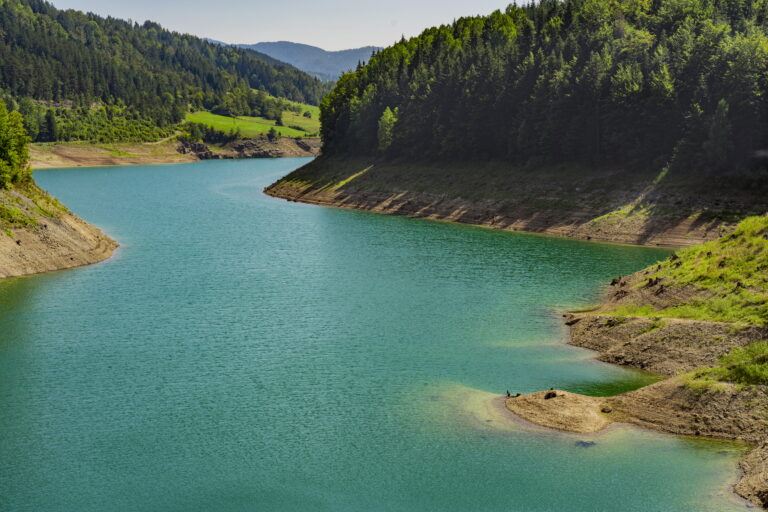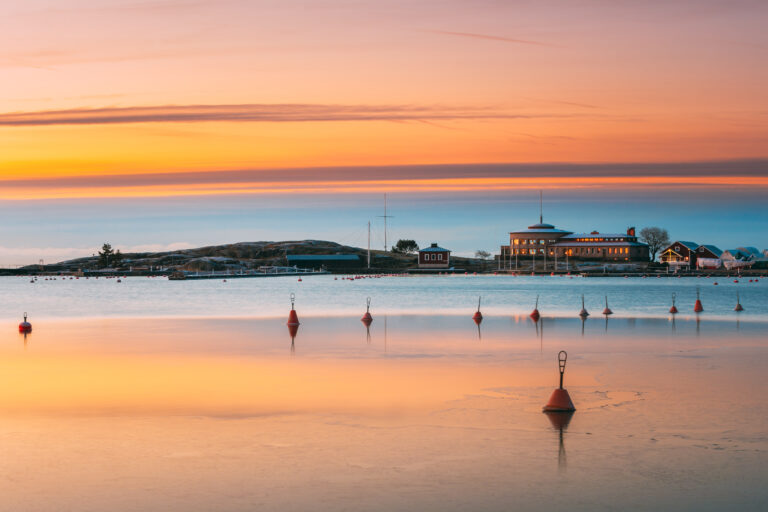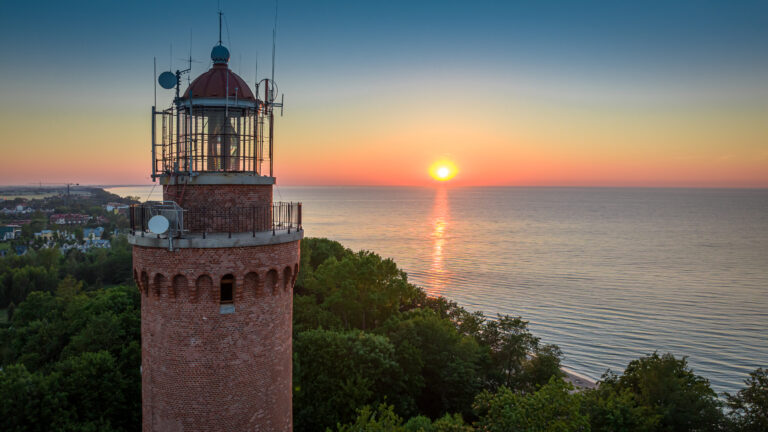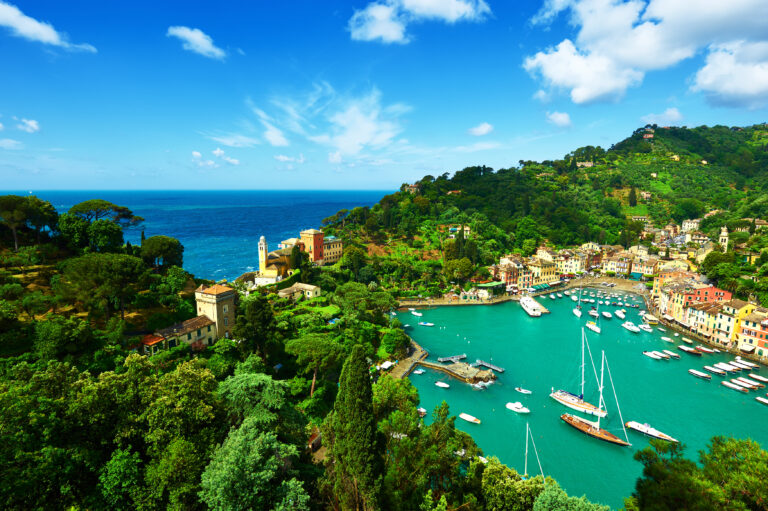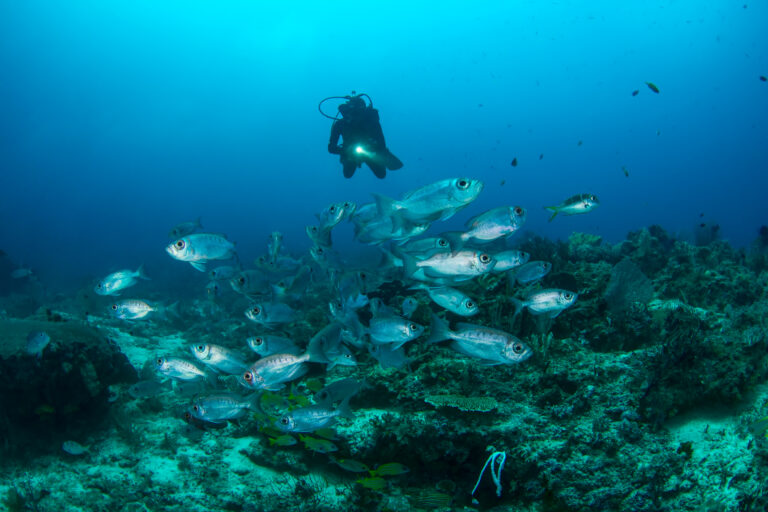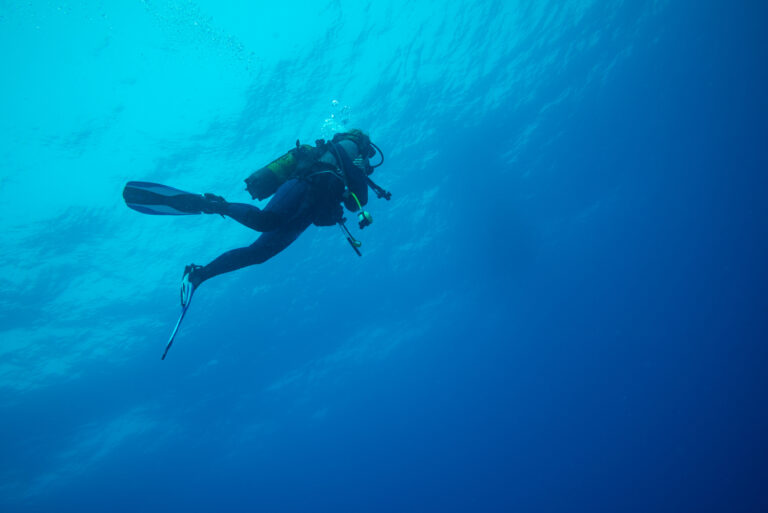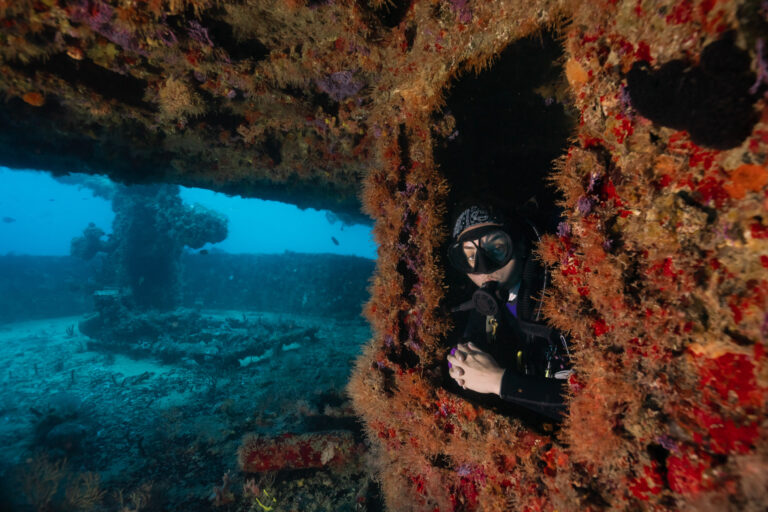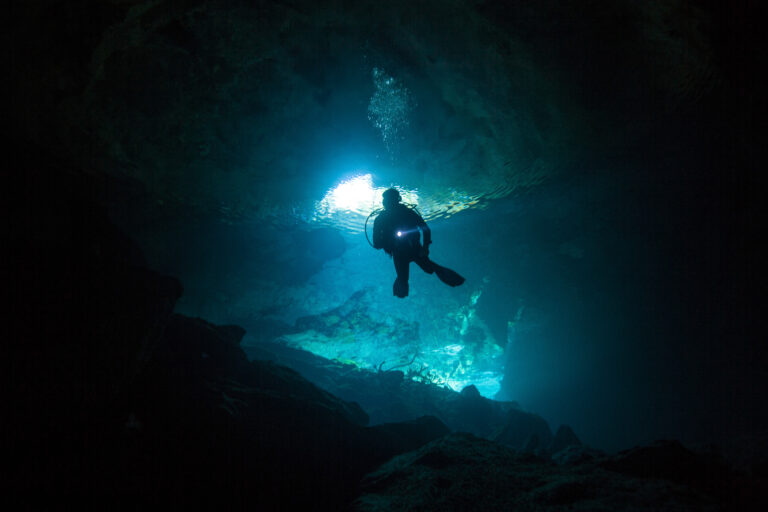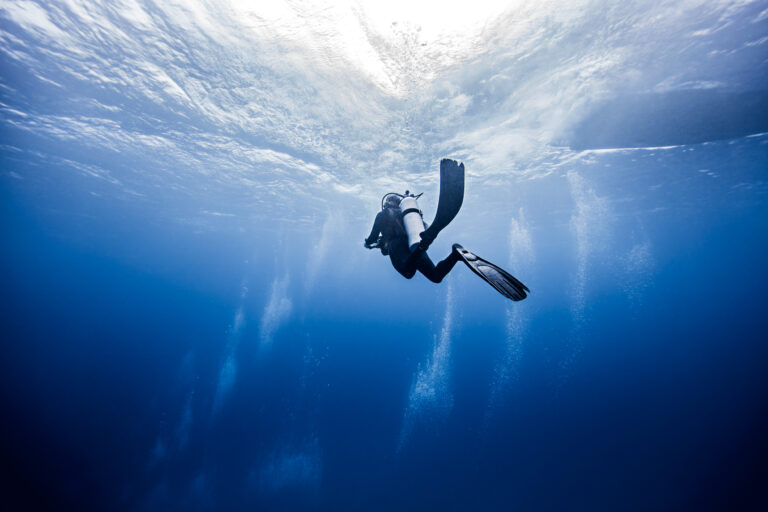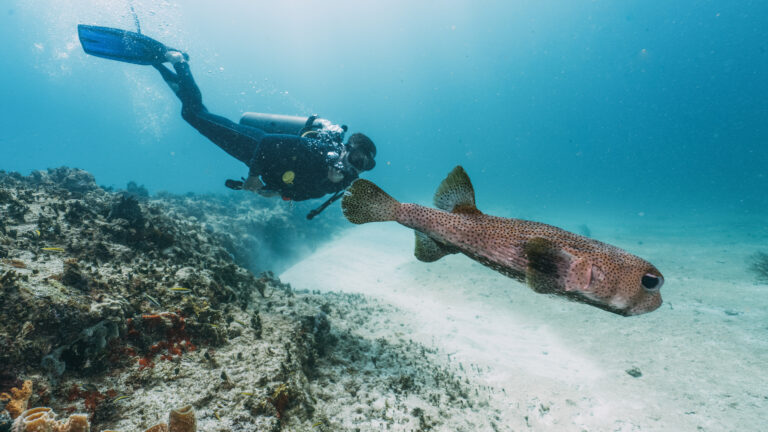SCUBA DIVERS’ TRAVEL GUIDE TO Bulgaria
Bulgaria is a hidden gem for scuba divers who want to explore the rich history and culture of Eastern Europe. The country boasts a diverse coastline along the Black Sea, where you can find ancient shipwrecks, colorful reefs, and abundant marine life. Whether you are looking for a relaxing dive in a calm bay, or an adrenaline-filled adventure in a deep cave, Bulgaria has something for every level of diver. You can also enjoy the stunning scenery, delicious cuisine, and friendly hospitality of the Bulgarian people, who will make you feel at home in their beautiful country. Bulgaria is a scuba diving destination that will surprise and delight you with its charm and diversity.
LOCATION AND GEOGRAPHY
Nestled along the western coast of the Black Sea, Bulgaria offers a unique and relatively undiscovered scuba diving experience steeped in history and natural beauty. The country’s underwater geography is characterized by a diverse range of dive sites, including historical shipwrecks, intriguing rock formations, and marine ecosystems that are home to a variety of Black Sea fauna. The Bulgarian coastline stretches approximately 354 kilometers, with dive spots concentrated around the towns of Varna, Burgas, and Sozopol. These regions provide access to the sea’s relatively calm waters, which are ideal for both novice and experienced divers. The seabed gently slopes, creating an accessible underwater terrain, while the lack of strong currents ensures a safe diving environment. Visibility can vary, but on a good day, divers can enjoy clear views of the underwater wonders that lie beneath the Black Sea’s surface. With its rich blend of history, culture, and natural attractions, Bulgaria’s coastal waters offer a distinctive diving adventure that beckons exploration.
VISA AND ENTRY REQUIREMENTS
Before embarking on your underwater adventure in Bulgaria, it is essential to ensure that your travel documents are in order. Citizens of the European Union, the United States, Canada, Australia, and many other countries can enter Bulgaria without a visa for stays of up to 90 days within a 180-day period for tourism purposes, which includes scuba diving. However, your passport must be valid for at least three months beyond your period of stay. Travelers from countries that do not have a visa exemption agreement with Bulgaria will need to apply for a visa at a Bulgarian embassy or consulate prior to arrival. Always check the latest visa requirements with the Bulgarian Ministry of Foreign Affairs or the nearest Bulgarian embassy as regulations can change. Additionally, ensure that you have adequate travel insurance that covers scuba diving activities, as this may be checked upon entry.
GETTING TO Bulgaria
Getting to Bulgaria for an unforgettable scuba diving adventure is a straightforward endeavor, thanks to the country’s well-connected transportation infrastructure. Situated in Southeastern Europe, Bulgaria is accessible by air, with the Sofia Airport being the main international gateway, offering flights from major cities across Europe and beyond. Coastal cities like Varna and Burgas also have airports that receive seasonal flights and are closer to the Black Sea diving sites. For those preferring land travel, extensive road and rail networks link Bulgaria with neighboring countries, making it possible to arrive by bus, car, or train. Upon arrival, the Black Sea coast, with its intriguing wrecks and diverse marine life, is easily reachable by domestic transport services, ensuring that the journey to your underwater escapade is as smooth as the calm waters awaiting your dive.
BEST TIME TO DIVE
The best time to scuba dive in Bulgaria is during the late spring through early autumn months, typically from May to September, when the Black Sea’s waters are at their warmest and calmest, offering the most comfortable diving conditions. During this period, water temperatures range from 18°C to 25°C (64°F to 77°F), which is ideal for exploring the underwater world without the need for heavy wetsuits. Visibility also peaks in the summer months, often exceeding 20 meters, allowing divers to fully appreciate the diverse marine life, intriguing wrecks, and unique rock formations. While diving is possible year-round, the winter months can be less inviting due to colder water temperatures and rougher sea conditions, which may limit access to some dive sites. Therefore, planning your dive trip in the recommended window will ensure the best overall experience in Bulgaria’s underwater landscapes.
ACCOMMODATION OPTIONS
In the enchanting realm of Bulgaria’s Black Sea coast, scuba diving enthusiasts will find a variety of accommodation options to suit their needs and preferences. From the bustling city of Varna, with its luxurious resorts and boutique hotels, to the serene town of Sozopol, where family-run guesthouses and cozy B&Bs offer a more intimate experience, there’s a place for every diver to call home. Many accommodations are strategically located near dive shops and marinas, providing easy access to the region’s underwater treasures. For those seeking a truly immersive experience, some dive centers in towns like Nessebar and Pomorie offer all-inclusive diving packages, which include comfortable lodgings, meals, and multiple dives. Whether you’re looking for the convenience of an on-site dive operator or the charm of a seaside villa, Bulgaria’s diverse accommodations ensure that after a day spent exploring the depths of the Black Sea, you’ll have the perfect spot to rest and rejuvenate.
DIVE OPERATORS AND DIVE SHOPS
In the enchanting waters of the Black Sea, Bulgaria offers a unique scuba diving experience, with dive operators and shops primarily located along its scenic coastline. From the historic town of Varna to the bustling resort of Sunny Beach, divers can find a range of professional dive centers catering to all levels of experience. These establishments are well-equipped, offering gear rentals, certification courses, and guided dive excursions to explore underwater treasures, including mysterious shipwrecks and vibrant marine ecosystems. Bulgarian dive shops are known for their warm hospitality and knowledgeable staff, who prioritize safety and environmental conservation. They often provide divers with the opportunity to witness the Black Sea’s unique brackish-water biodiversity and historical artifacts resting on the seabed. Whether you’re a novice diver looking to get your feet wet or an advanced explorer seeking new depths, Bulgaria’s dive operators will ensure an unforgettable underwater adventure.
TRANSPORTATION WITHIN Bulgaria
In Bulgaria, transportation options for scuba divers looking to explore the country’s underwater treasures are both convenient and varied. The primary gateway for international travelers is Sofia Airport, from which you can rent a car or take a bus to reach the coastal regions along the Black Sea, where most diving activities are centered. The coastal cities of Varna and Burgas have their own airports, offering quicker access to dive sites for those on a tight schedule. Once at the coast, local buses, taxis, and rental cars are available for easy travel between towns and dive spots. For a more scenic route, consider the well-maintained roads that hug the coastline, offering stunning views and the freedom to stop at lesser-known dive locations along the way. Divers should note that while public transport is reliable in larger towns, having a private vehicle can be a significant advantage for reaching remote beaches and dive centers that are off the beaten path.
CURRENCY AND PAYMENT METHODS
In Bulgaria, the official currency is the Bulgarian Lev (BGN), which is the predominant medium for all transactions, including those related to scuba diving services. While some dive shops and resorts in popular coastal areas like Varna and Burgas may accept major international currencies such as the Euro or US Dollar, it is advisable to have leva on hand for seamless transactions. Credit and debit cards are widely accepted in urban centers and tourist hotspots, but it’s important to check with individual dive operators ahead of time. ATMs are readily available in cities and larger towns, allowing for easy access to cash. However, when venturing to more remote dive sites or smaller villages, it’s prudent to carry sufficient cash as card facilities may not be as readily available. Always inform your bank of your travel plans to avoid any issues with card usage abroad, and consider exchange rates and potential foreign transaction fees when budgeting for your underwater adventures in Bulgaria.
LANGUAGE AND COMMUNICATION
When diving in Bulgaria, communication both above and below the water is predominantly conducted in Bulgarian, the official language of the country. However, due to the growing popularity of the Black Sea coast among international divers, English is widely spoken within the diving community, especially by instructors and dive operators in tourist areas. Russian and German are also commonly understood due to the historical influx of tourists from these countries. It’s advisable for divers to familiarize themselves with basic Bulgarian phrases for courtesy, as well as key diving terms, although dive briefings and emergency procedures are often available in English. Underwater, divers use the standard hand signals recognized internationally to communicate, ensuring safety and coordination during the dive. It’s also beneficial to learn the local hand signals specific to the Black Sea region, as they may differ slightly from those used elsewhere.
LOCAL CULTURE AND ATTRACTIONS
Bulgaria, nestled in the heart of the Balkans, offers a unique blend of Eastern European and Balkan culture that is sure to enrich any scuba diving trip. Beyond the allure of the Black Sea’s underwater treasures, divers can immerse themselves in a land steeped in history, where ancient Thracian tombs coexist with Roman ruins and medieval fortresses. After a day exploring the depths, visitors can indulge in the local cuisine, savoring traditional dishes like banitsa and kavarma, often accompanied by the lively rhythms of folk music. The coastal towns, such as Sozopol and Nessebar, are brimming with charm, their cobbled streets and quaint architecture telling stories of bygone eras. Nessebar, in particular, is a UNESCO World Heritage site, offering a picturesque old town that seems to float on the sea. Festivals celebrating everything from roses to folklore are common, providing a glimpse into the vibrant cultural tapestry of Bulgaria. Whether it’s through engaging with the warm hospitality of the locals or enjoying a glass of rakia as the sun sets over the Black Sea, Bulgaria’s cultural and historical attractions provide a perfect complement to its underwater adventures.
CULTURAL ETIQUETTE AND TIPS
When scuba diving in Bulgaria, it’s important to approach the experience with cultural sensitivity and awareness. Bulgarians are known for their hospitality and friendliness, but also for their pride in their traditions and customs. Before diving, take the time to greet your local guides and fellow divers with a warm “Zdraveite” (Hello) and a firm handshake. Remember that nodding your head up and down actually means “no,” while shaking it side to side means “yes,” which can be confusing for visitors. It’s customary to remove your shoes before entering someone’s home or certain traditional spaces, so be prepared to do so if invited. When diving, respect the underwater environment, which is part of the country’s natural heritage; avoid touching marine life or taking souvenirs from the sea bed. After your dive, if you’re sharing a meal or a drink with locals, it’s polite to wait for a toast before drinking, and always pass items with your right hand. Lastly, showing appreciation for the local food, music, and customs will not only enrich your diving experience but also endear you to your Bulgarian hosts.
LOCAL LAWS AND REGULATIONS RELEVANT TO TOURISTS
When planning a scuba diving trip to Bulgaria, it is essential for tourists to familiarize themselves with the local laws and regulations to ensure a safe and lawful experience. Bulgaria requires all divers to be certified and to dive with a licensed local operator. Diving in protected marine areas, such as the Black Sea’s natural reserves, is strictly regulated and often necessitates special permits. It is illegal to remove any historical artifacts or disturb archaeological sites, many of which are abundant in the Black Sea. Additionally, spearfishing is regulated and may require a local license, and there are specific zones where it is prohibited. Tourists should also be aware of seasonal restrictions that protect the marine ecosystem during certain periods. It is advisable to check with the local diving centers for the most current information and to obtain any necessary permits or additional information on restricted areas before diving. Non-compliance with these regulations can result in hefty fines and legal action, so adherence to local laws is paramount for a trouble-free diving experience in Bulgaria.
SAFETY TIPS AND EMERGENCY CONTACTS
When diving in the enchanting waters of Bulgaria, safety should be your paramount concern. Always dive within your certification limits and ensure that your equipment is in excellent condition. It’s crucial to be aware of the local currents, weather conditions, and to dive with a buddy. Bulgaria’s emergency services can be reached by dialing 112, a number that connects you to medical assistance, fire services, and the police. Additionally, divers should be familiar with the nearest hyperbaric chamber location, which in Bulgaria is situated in Varna, at the Naval Hospital, for the treatment of decompression sickness. Before embarking on your underwater adventure, it’s wise to inform your dive center about any medical conditions and to have a dive insurance policy that covers hyperbaric treatment and emergency transportation. Remember, the best dive is a safe dive, so always prioritize safety protocols and be prepared for any situation.
HEALTH AND TRAVEL INSURANCE
When planning a scuba diving trip to Bulgaria, it’s crucial to consider your health and travel insurance options. While Bulgaria offers a plethora of underwater wonders, from the intriguing Black Sea wrecks to vibrant marine life, it’s important to ensure that you’re covered for both diving-specific and general medical emergencies. Look for a comprehensive travel insurance policy that includes coverage for scuba diving activities, as not all policies automatically cover sports considered to be high-risk. Verify that your policy includes hyperbaric treatment coverage, as well as medical evacuation, in case you need to be transported to a specialized facility. Additionally, it’s wise to check if your insurance provides direct payment to medical providers or if you’ll need to pay upfront and seek reimbursement. Remember, the European Health Insurance Card (EHIC) may provide some level of coverage for EU citizens, but it is not a substitute for travel insurance, especially for activities like scuba diving. Always carry proof of your insurance and emergency contact information with you while diving in Bulgaria.

